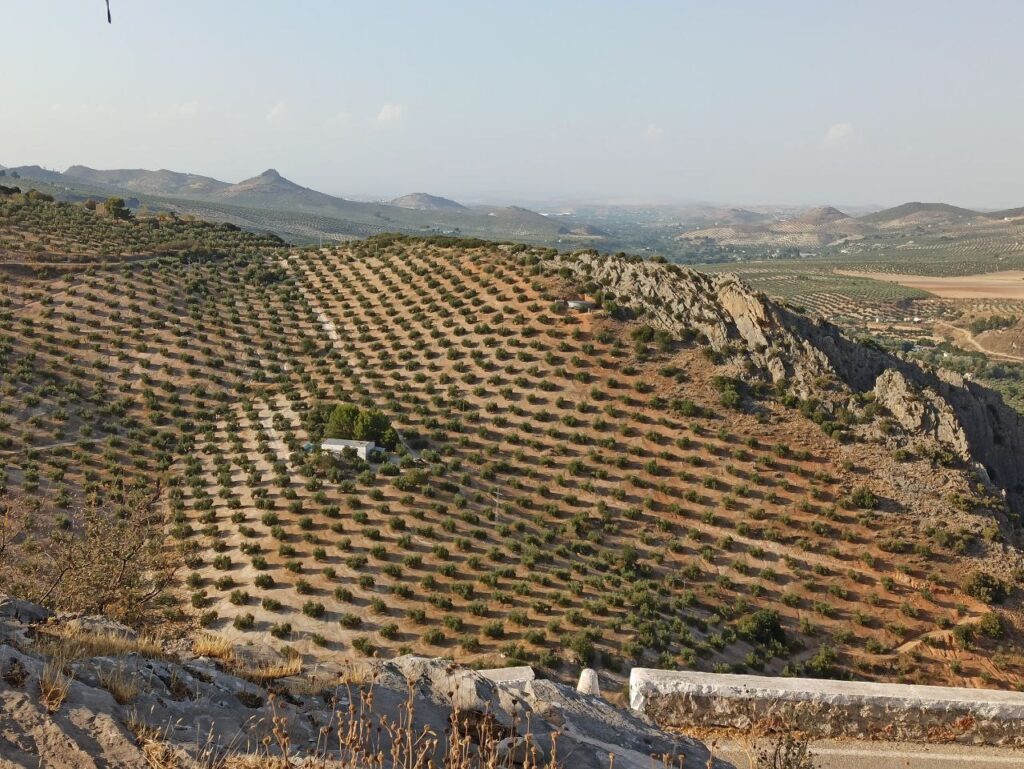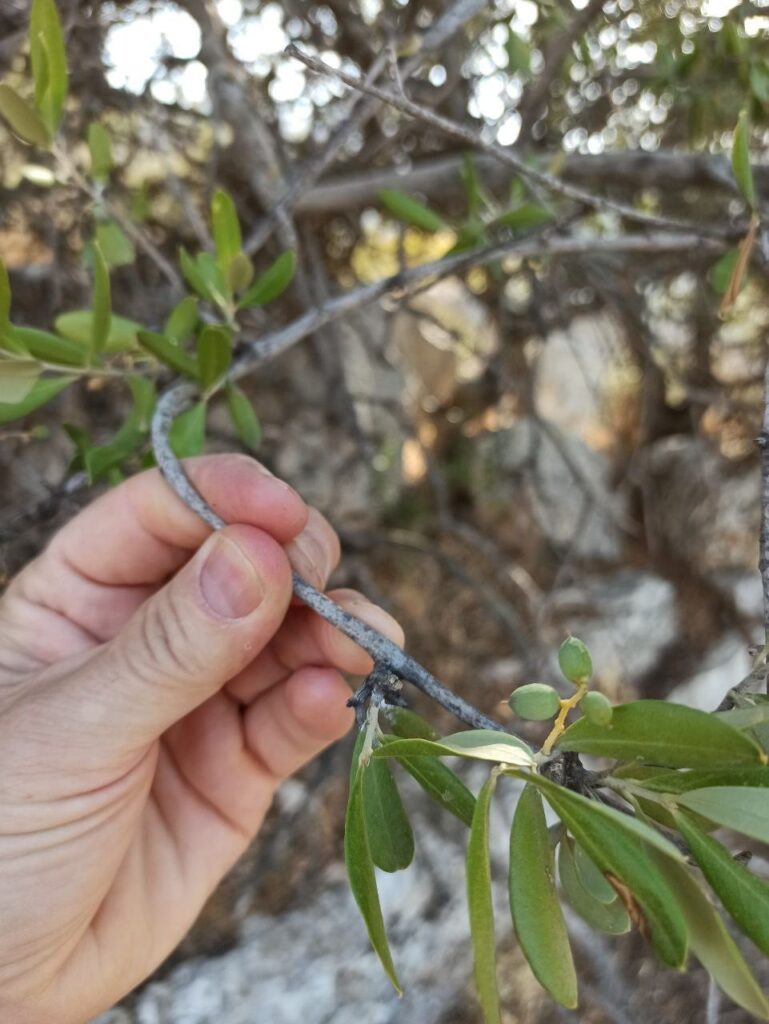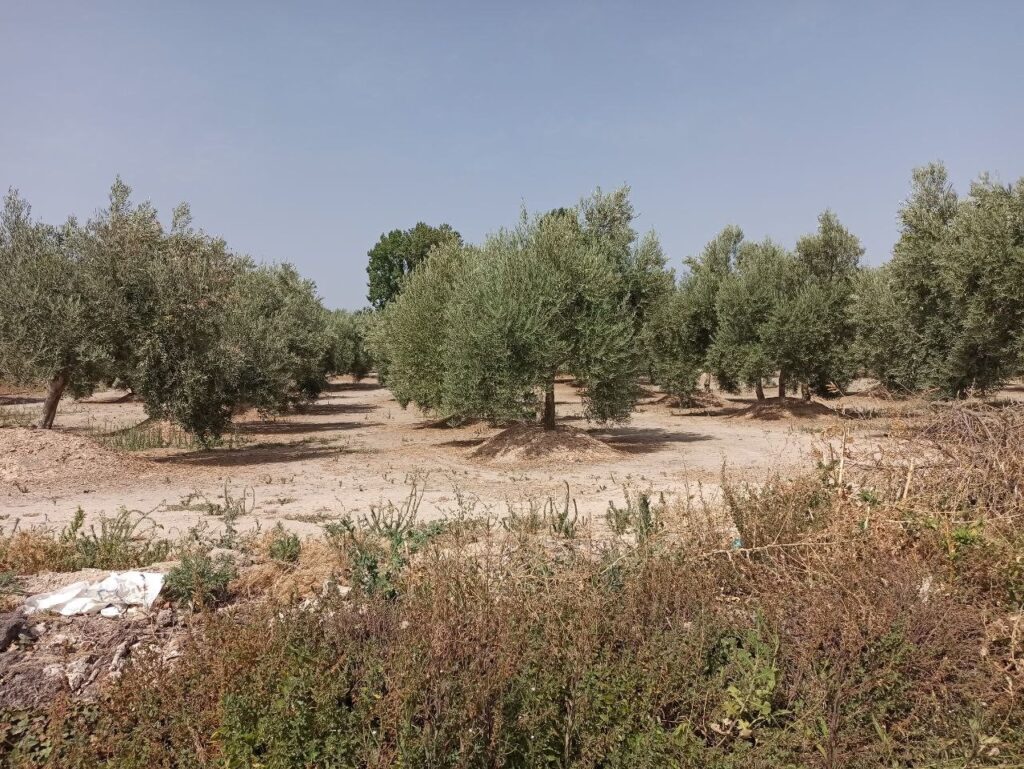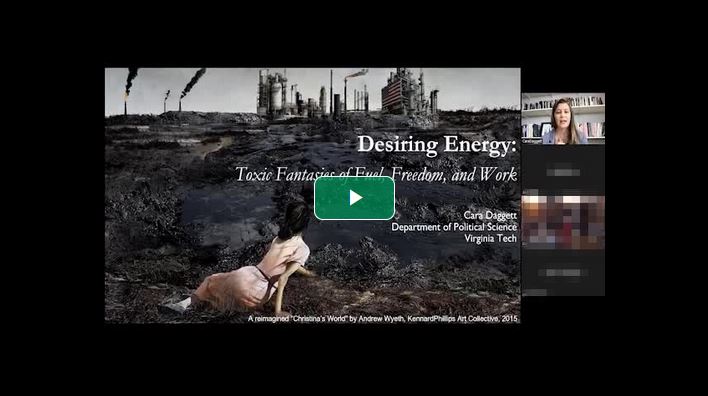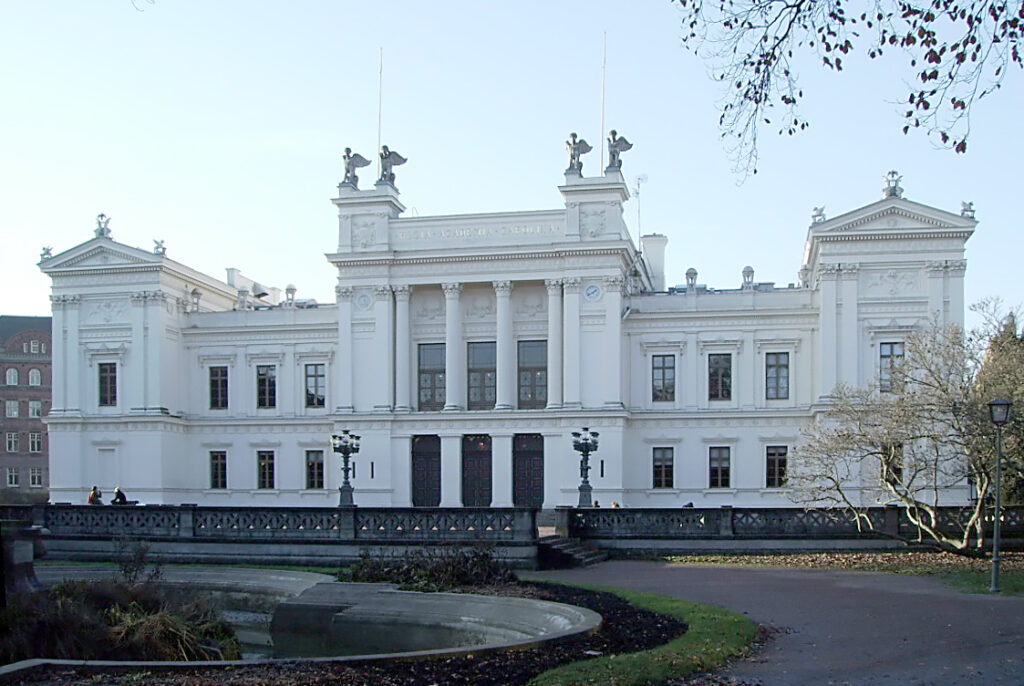Scientific Coffee Human-Forest-Relationships presents:
1st June 2022
13-15 CET / 14-16 EEST
Input: Maija Halonen (University of Eastern Finland)
Socio-economic forest relations in Northern peripheries
Maija Halonen is human geographer with background in social policy. Currently she is working as postdoctoral researcher in the University of Eastern Finland and her research interests focus on the socio-economic development of Northern forest peripheries. In her project founded by the Kone Foundation, she approaches the development in the frames of global sustainability transition and through the case studies from the East and North Finland.
In her presentation, she scrutinises discursive scenarios and frames which analysis is based on the documents and interviews with regional development actors. First, she describes the alternative scenarios for expected development paths and identifies which factors are related to forests. Then she presents the findings of the hegemonic and alternative discourses on forest-related development and constructs the frames which describe the regional forest relations. Based on the results, aspirations and good will describe different phases of the relations than the current reality and therefore forest relations seem to be transforming but very slowly in Northern peripheries. The most striking note call for understanding, appreciation and acknowledgement of forest relations which people in the middle of the specific forests have and have had for generations.
Zoom-link: https://uni-jena-de.zoom.us/j/61027392103
Meeting-ID: 610 2739 2103
Kenncode: 513063
—
The “Scientific Coffee” sessions continue our cooperation and exchange on the relations between society, humans and forests that we started with the workshop “Contested Society-Nature-Relations. Forest related Emotions, Practices & Conflicts in Times of Societal Change” in May 2021. They give room for open and relaxed discussions on current research subjects related to human and society relations to forests. The Scientific Coffee sessions take place as often as we find the time to organise another session – but at least one session per semester is planned.
More info on our past workshop: https://www.flumen.uni-jena.de/workshop-contested-society-nature-relations-forest-related-emotions-practices-conflicts-in-times-of-societal-change-27-28-may-2021-2/c
If you are interested in contributing to the next “Scientific Coffee HFR”, please contact judith.kiss@uni-jena.de with info on your subject (title and short abstract) and a preferred Wednesday (13-15 CET / 14-16 EEST).
